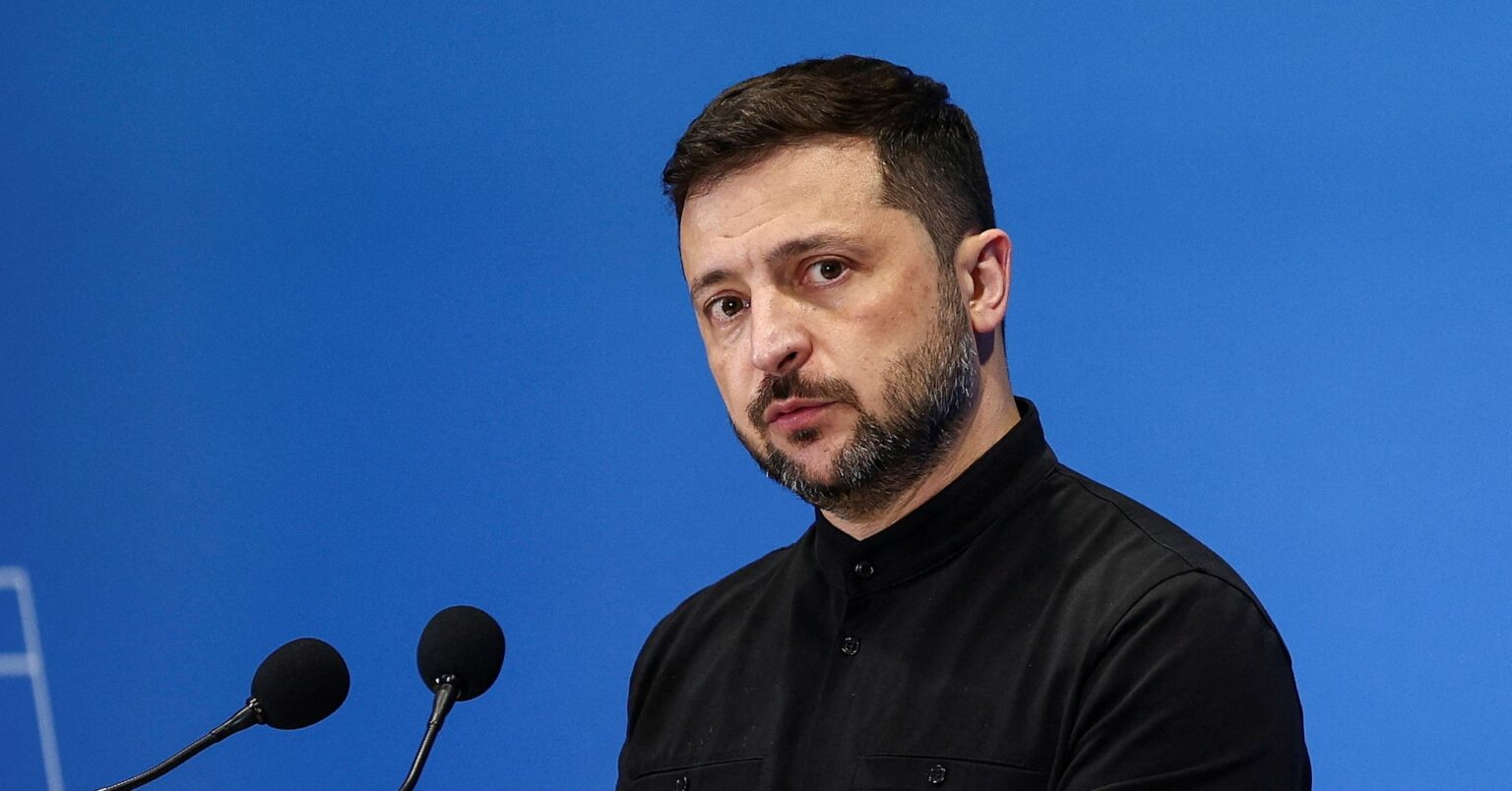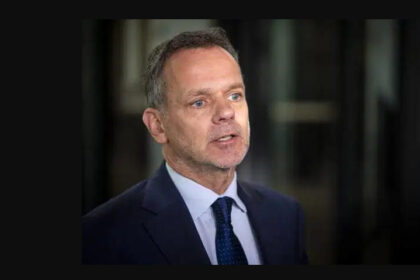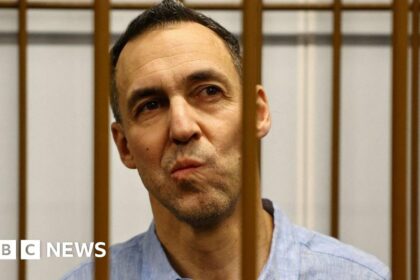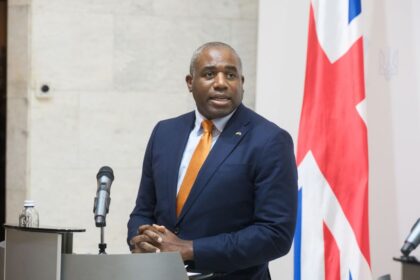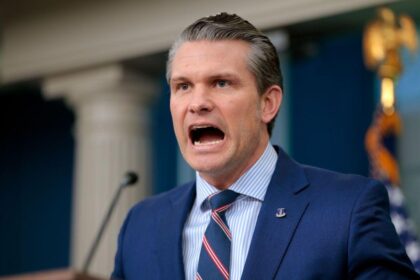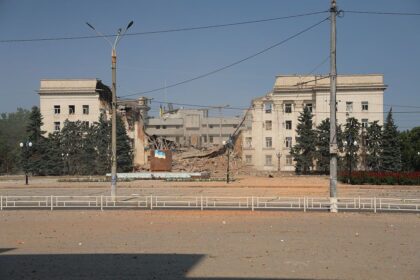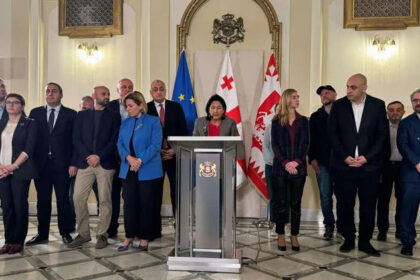**Ukrainian President Reverses Course on Anti-Corruption Agencies**
In a move to quell public criticism and maintain unity, Ukrainian President Volodymyr Zelenskiy has approved draft legislation that would restore the independence of the country’s anti-corruption agencies. This decision comes after an outburst of protests and questions over Ukraine’s bid for European Union membership.
The controversy began when measures were enacted earlier this week to give greater control to the prosecutor general, a political appointee, over the two bodies. This move sparked rare wartime protests and raised concerns about the integrity of Ukraine’s law enforcement system. The European officials had strongly criticized these changes, calling them a threat to the independence of the anti-corruption agencies.
**A Turning Point for President Zelenskiy**
The approval of this new legislation marks a significant turning point for President Zelenskiy, whose image as a strong leader has been tarnished by the controversy. By reversing course and restoring the independence of the anti-corruption agencies, Zelenskiy is attempting to restore public trust and maintain unity in the face of Russia’s ongoing invasion.
The new bill, which will be submitted to parliament later this day, promises to “guarantee real strengthening of Ukraine’s law enforcement system, independence of anti-corruption agencies, and reliable protection against any Russian influence.” While details are scarce, Zelenskiy has promised that the text is “well-balanced” and ensures the integrity of the country’s institutions.
**A Win for Transparency**
The approval of this legislation marks a victory for transparency and accountability in Ukraine. The anti-corruption agencies have long been seen as key to rooting out corruption and ensuring that those responsible are held accountable. By restoring their independence, Zelenskiy is sending a strong message about his commitment to transparency and good governance.
However, it remains to be seen how soon parliament will consider this new bill, particularly given the opposition lawmakers who have collected enough signatures to register their own legislation to revoke the restrictive measures. This development could lead to further debate and possibly even more protests, but for now, it is a step in the right direction towards maintaining the integrity of Ukraine’s institutions.
**Commentary**
The reversal of course by President Zelenskiy is a testament to the power of public pressure and opposition from European officials. It also highlights the challenges faced by Ukraine as it navigates its bid for EU membership while simultaneously fighting a war against Russian aggression.
In our opinion, this decision marks an important step towards maintaining transparency and accountability in Ukraine. By restoring the independence of the anti-corruption agencies, Zelenskiy is attempting to regain public trust and ensure that those responsible for corruption are held accountable. However, it remains to be seen how long-term this commitment will be, particularly given the ongoing challenges posed by Russia’s invasion.
**Analysis**
The approval of this legislation marks a significant shift in Ukraine’s approach towards transparency and accountability. By reversing course on measures that had curbed the authority of the anti-corruption agencies, Zelenskiy is attempting to restore public trust and demonstrate his commitment to good governance.
However, this decision also highlights the challenges faced by Ukraine as it navigates its bid for EU membership while simultaneously fighting a war against Russian aggression. The ongoing tensions between Russia and Ukraine will likely continue to have far-reaching implications for the country’s politics, economy, and international relations.
In our analysis, this reversal of course marks an important step towards maintaining transparency and accountability in Ukraine. However, it remains to be seen how long-term this commitment will be, particularly given the ongoing challenges posed by Russia’s invasion.
Read More @ www.reuters.com




